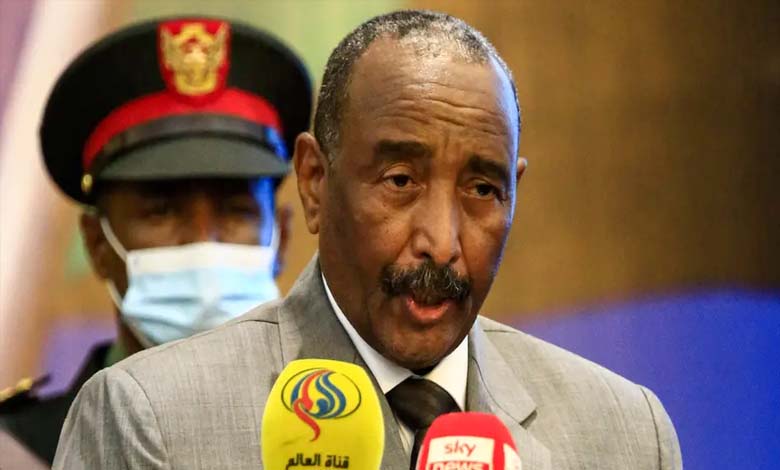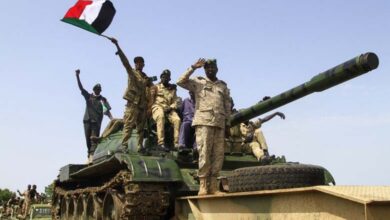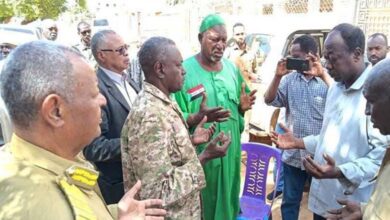Calls for isolating Al-Burhan… Details

In light of recent events in Sudan, there is coordination between the Sudanese army and the Islamic movement to carry out evacuations for injured leaders and influential figures involved in the recent clashes. The purpose of this coordination is to enable them to receive medical treatment outside of Sudan.
This coordination is done in collaboration with the Islamic movement, which bears the costs of treating the wounded, thus directing them to receive medical care abroad. This situation reveals a clear disparity in the treatment of the injured.
The leaders and influential figures receive medical care abroad with the assistance of the Islamic movement, while other injured individuals are treated within Sudan. These developments raise questions about the government and the military’s effectiveness in dealing with the crisis and raise concerns about the stability of governance in the country and how to achieve it in the future.
Politicians and officials in Sudan are urged to address these challenges urgently and to allocate efforts and resources fairly to ensure the necessary healthcare for all citizens and national stability.
The leader of the Al-Bara’ ibn Malik Battalion, Al-Misbah Abu Zeid Talha, and his associates receive preferential treatment during their injuries, the nature of which is not known and has not been provided to any of the armed forces’ soldiers, to the extent that some consider the treatment of war wounded against the Rapid Support Forces as divisive and discriminatory.
Recent reports indicate a significant rise in discriminatory practices related to the treatment of wounded soldiers in Sudan, where medical care provided varies based on affiliations and ranks within the military.
Prominent examples of this include the preferential treatment of Al-Misbah Abu Zeid Talha, the leader of the Al-Bara’ ibn Malik Battalion, and his associates, who receive preferential care during their recovery from undisclosed injuries. Reports suggest that the level of care provided to these individuals was not uniformly available to other members of the Sudanese Armed Forces, causing frustration and astonishment among both military personnel and civilians.
Particular debates have arisen, especially when considering the wounded soldiers in conflicts against the Rapid Support Forces. Accusations of preferential treatment and discrimination between the Al-Bara’ ibn Malik militia and regular soldiers within the Sudanese Armed Forces have become a major source of tension and discord.
The differential treatment has seemingly raised broader concerns about the leadership and administrative capabilities of senior leaders within the army. There is a particular focus on managing ongoing conflicts and treating service members in the aftermath. The widespread discriminatory treatment concerning coordinated efforts to evacuate and treat influential figures and leaders outside Sudan, particularly in cooperation with external entities like the Islamic movement, has added fuel to the fire.
In light of these circumstances, calls for accountability and change within the army’s leadership are increasing. Some military leaders have called for the removal of “Al-Burhan,” pointing to these cases of preferential treatment as indicative of a larger issue related to leadership ethics and management.
Such conditions emphasize a fundamental point of contention and challenge within the ranks of the military, which could impede unity and operational effectiveness if not addressed properly. The necessity for fair treatment and transparent leadership within military structures is of paramount importance, particularly during periods of conflict and turmoil. Thus, addressing these practices and restoring trust in military leadership through transparent investigations and potential reforms may become crucial steps forward.












